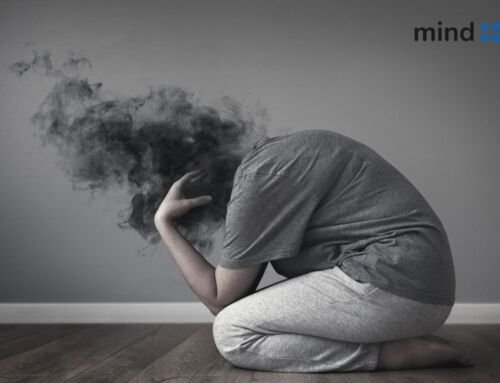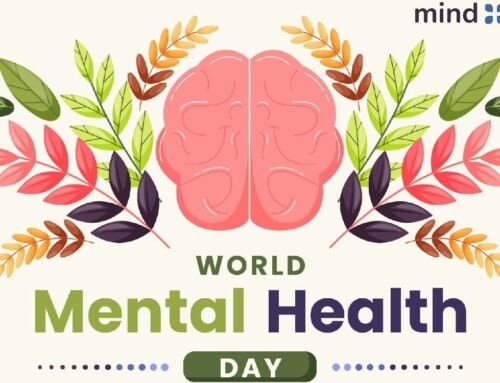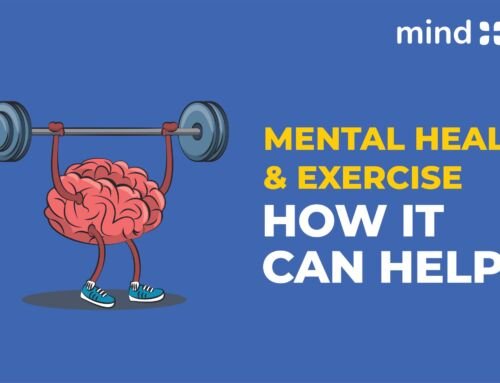How does ‘Chitta’ drug affect internal health, what are the symptoms, and how do we know if someone is a ‘drug addict’?
By Srishti Agrawal, Clinical Psychologist
“Chitta” are synthetically produced drugs, such as “heroin”. Heroin is considered to be the highly addictive, fast-acting, and most abused drug. It is an illegal drug prepared from the fruit of poppy plants. Its pure form is bitter in taste, usually in the form of white-colored powder. The ranges of color are from white to brown to black if it is in a less pure form. This can be smoked, snorted, or injected into the veins of a person.

CHITTA DRUG EFFECTS
PHYSICAL SYMPTOMS – Short-Term Effects On Health:
- Euphoric rush
- The legs and arms feel rubbery and heavy
- Warm reddening of the skin
- Mouth becomes dry
- Insomnia Constipation
- Hyper-alertness drowsiness
- Severe itching Vomiting and nausea
- Breathing and heart function slows
- Decreased breathing can also cause coma and permanent brain damage.

PHYSICAL SYMPTOMS – Long-Term Effects On Health:
- Changes in the structure of the body as well as the function of the brain
- Mucosal tissues damaged due to snorting Heroin
- Prolonged injection use can cause scarred veins and other major bacterial infections
- Injection/needle sharing can cause infections like HIV, hepatitis, and other blood-borne viruses
- Sexual dysfunction
- Irregular menstrual cycles
- Pulmonary complications
- Liver disease
- Lung complications (including pneumonia and tuberculosis)
- Organ damages
- Fatal overdose can even cause death
PSYCHOLOGICAL SYMPTOMS:
- The mental capacity diminishes
- The emotions become dull
- Hormonal imbalance (affects the ability in making decisions, the ability in regulating the
behavior, and responses to stressful situations) - Various types of mental health-related disorders: attention deficit hyperactivity disorder, anxiety
disorder, panic disorder, bipolar disorder, personality disorder, and post-traumatic stress
disorder.
CRITERIA OF HAVING GOTTEN ADDICTED TO HEROIN
- A strong desire or irresistible urge for substance intake or use
- The problem in controlling substance use behavior
- Tolerance develops: in order to maintain a similar level of intensity, individuals need to intake
more of heroin.
This results in physical addiction eventually Physical dependence occurs when the body gets used to its presence.
Withdrawal symptoms: When substance intake has been reduced or ceased the symptoms of withdrawal happen. Cold flashers, diarrhea, insomnia, leg movement, muscle and bone pain, restlessness, panic, and vomiting are withdrawal symptoms.
- Individuals have presented with continuous signs of withdrawal from almost a week to several months.
- Avoidance of other responsibilities, interests, or hobbies due to substance intake.
Continuing with substance intake despite harmful consequences: When heroin is used repeatedly will result in heroin addiction or heroin use disorder. The addition is considered to be uncontrollable seeking of drugs with any consequences. Once a person has heroin use disorder, seeking and using the drug becomes their primary purpose in life.





